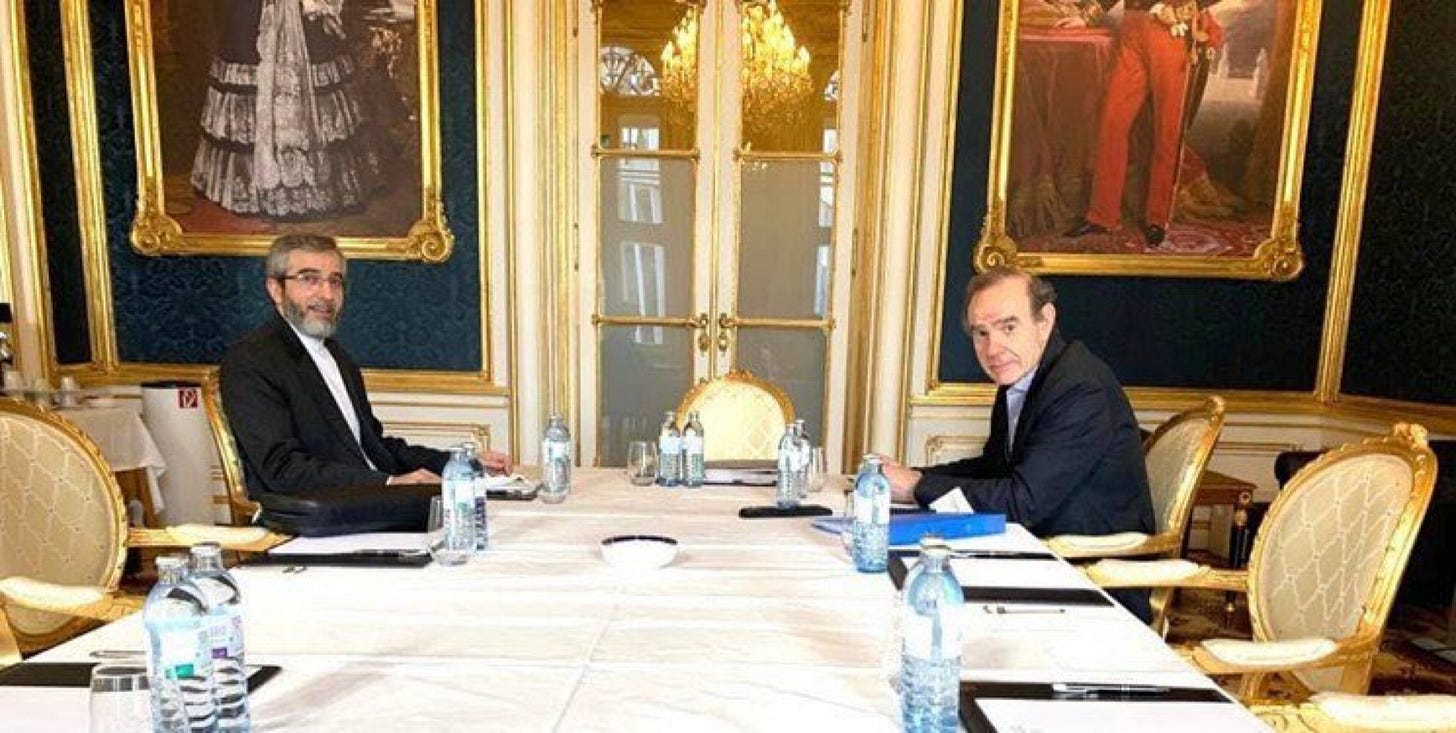‘Not constructive’: US says studying Iran response, but calls it discouraging
“We are studying” Iran response, “but unfortunately it is not constructive,” State Department spokesman Vedant Patel said.

The United States confirmed tonight that it had received Iran’s response to a draft proposal on reviving the 2015 nuclear deal, but said that its initial assessment was that it was not encouraging.
“We can confirm that we have received Iran’s response through the EU,” State Department spokesman Vedant Patel said tonight (Sept. 1).
“We are studying it and will respond through the EU, but unfortunately it is not constructive,” Patel said.
It is “not encouraging,” another senior US administration official said.
The White House noted some gaps had narrowed in recent weeks, but others remain.
“This is a negotiation, with regular back and forth,” NSC spokesperson Adrienne Watson said. “We are studying the response and coordinating with our E3 allies.”
“Some gaps have closed in recent weeks but others remain,” Watson said.
“The President will only conclude a deal that he determines is in the national security interest of the United States,” Watson said.
Another western official said they were still assessing the Iranian response, but indicated the initial impression was that it was not good.
“There seems to be little sign of Iranian flexibility” in the Iranian response, said the International Crisis Group’s Ali Vaez.
The Iranian Foreign Ministry said Thursday that Iran had sent its response regarding the draft text of the possible JCPOA revival agreement to EU coordinator Enrique Mora.
“The submitted text has a constructive approach with the aim of finalizing the negotiations,” Iranian Foreign Ministry spokesman Nasser Kanaani indicated, journalist Sara Massoumi reported.
Iranian Foreign Minister Hossein Amir-Abdollahian, meeting with his Russian counterpart in Moscow on Wednesday, said Iran was seeking stronger guarantees in the text.
“On guarantees, we need a stronger text,” Amir-Abdollahian said at a joint news conference with Russian Foreign Minister Sergey Lavrov in Moscow on Wednesday (Aug. 31), according to Iranian journalist Abas Aslani. “We’re studying how we can receive stronger guarantees and a stronger text on guarantees.”
**
